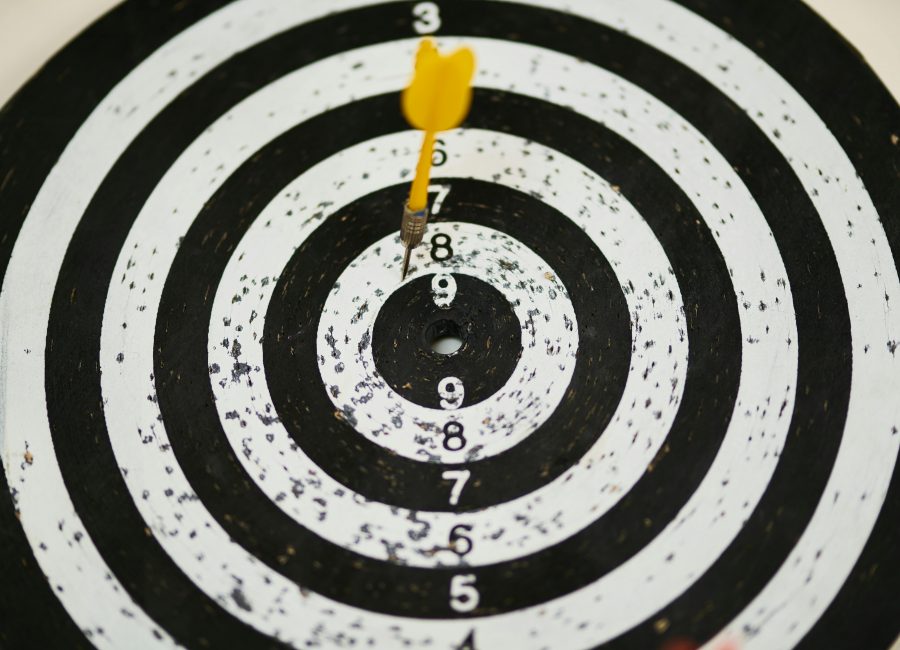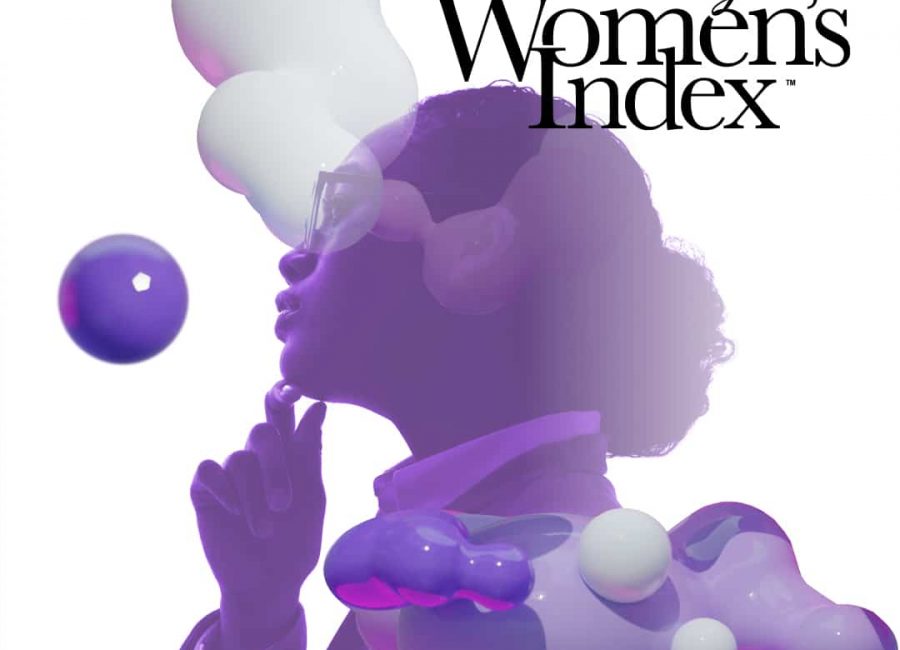In money news that affects your hip pocket.
Cash economy crackdown
The countdown is on to Christmas and many people might be looking for ways to bring in extra income over this period. But if one of those channels is through the cash-economy and Uber, then you might have to think again.
According to news.com.au, the Australian Tax Office is cracking down on the cash economy and is going after those earning money working for Uber, GoCatch and Lyft.
The news has come to light after the Courier-Mail reported that some state and federal public servants work as drivers on their days off.
Deloitte Access Economics found one in two Australians had “participated in some form of collaborative economy” last year, and 63 per cent soon planned to.
It has been estimated that the new industry rakes in more than $500 million a year.
Financy more on the cash economy?
Is change coming for residential property?
In a sign that the New South Wales government is tipping a slowdown in the residential property market, the soon-to-be-released half-yearly budget review, is expected to show forecasts of a drop in stamp duty revenue in the year ahead.
Treasurer Gladys Berejiklian will on Tuesday release the review today which according to Fairfax Media is expected to show a record a surplus of almost $4 billion this financial year.
The news report adds that higher property prices have seen stamp duty increase by as much as 40 per cent in the 2013-2014 financial year, 19 per cent in 2014-15, and by 13.4 per cent in 2015-16.
But in a sign of what could be changes to come to the residential property market, possibly around regulatory controls, the NSW Government is forecasting a significant drop in revenue to the tune of $1.8 billion after 2017 and out to 2020.
Property supply is said to be on the rise with more medium and high density housing on the drawing board. In addition higher interest rates are also likely in the years ahead.
Both of these factors could weigh on property demand and affect the level of stamp duty the government receives.
Heat is on, but should air con be?
Australian families are apparently spending more than $700 than they may need to on their energy bills because of air conditioning systems.
Fairfax Media is citing a national survey by comparison site Mozo which found that many households are leaving their air conditioners on when they are not at home or to cool the kitchen while using the oven.
Mozo estimates the collective cost of air conditioning habits of Australians could hit $2.5 billion this summer.
















